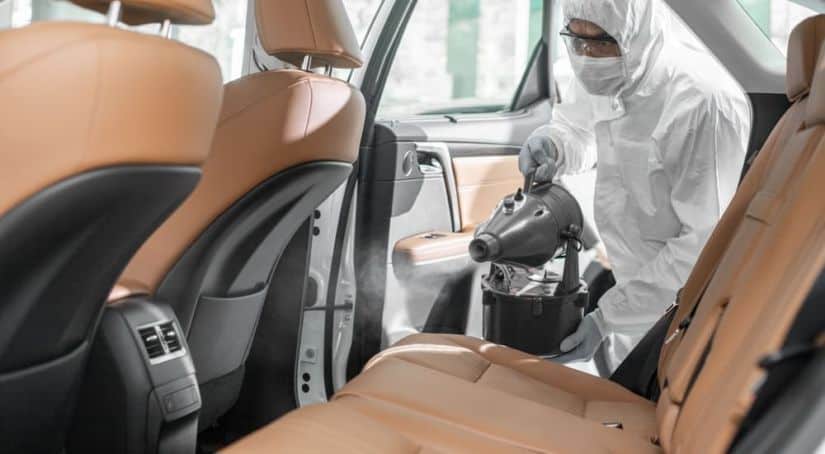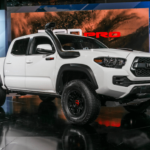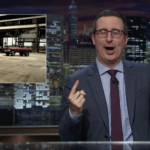It’s no secret that the last several months have been very hard on many different industries all across the globe. The auto industry is no different. As the COVID-19 viral outbreak spread, manufacturing plants were shut down all over the United States. However, production wasn’t the only thing in the auto industry to come to a grinding halt. In this article, we will provide you with a comprehensive overview of the impact the Coronavirus has had on the various segments inside the American auto industry.
Dealerships
Closing their doors to the public at the end of March, dealerships all around the country have been impacted by the global health pandemic. In order to preserve some resemblance of normalcy, many dealerships began offering online services for purchasing vehicles. While the showroom remained closed, most dealers figured out a way to keep some customers happy by offering contactless purchasing and vehicle delivery.
Since mechanics were deemed essential, the service and parts departments at dealerships remained open. However, they were providing services at a limited and controlled capacity. As dealerships begin to reopen, it is unclear when things will return to normal. Adhering to federal and state guidelines, the dealerships have had to thoroughly clean and sanitize their facilities.
Auto Body Shops
As we touched on briefly before, mechanics are considered to be essential during the global health crisis. Keeping vehicles in working order is a necessity, especially for other essential workers and folks in the freight and transportation industries.
Even though mechanics remained open during these trying times, the process of getting a vehicle serviced has changed. For the safety of the technicians and the customers, only a certain number of vehicles can be serviced at a time. This is to cut down significantly on the number of people in the waiting area. Social distancing rules must be followed, and the most used areas have to be sanitized regularly.
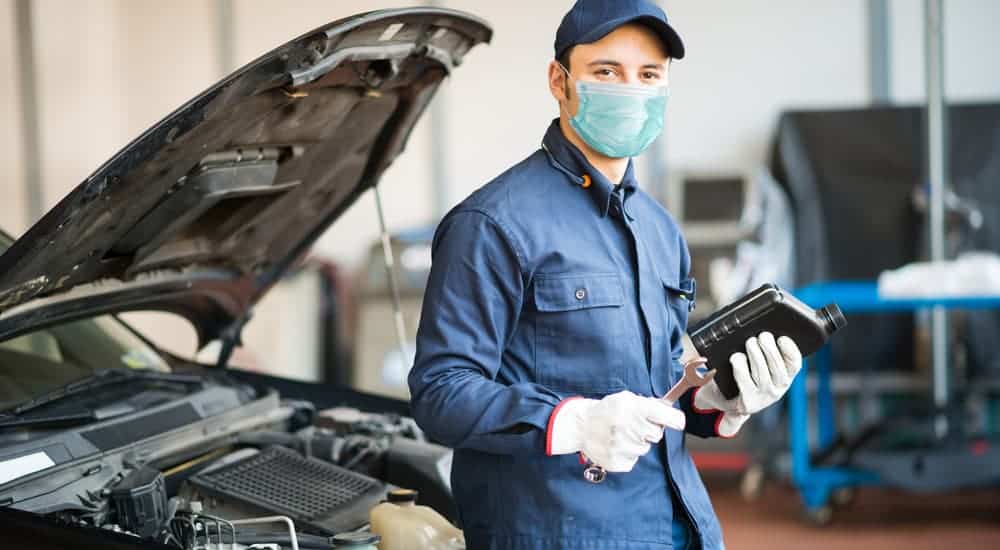
Rental Car Companies
The outbreak of COVID-19 has had a tremendous impact on the travel industry as a whole. Rental car companies have suffered greatly to the point of attempting to sell off their entire fleets. In doing so, this also affected the dealerships that were bombarded with an influx of early retirement rental cars. Most rental car companies have been shut down completely, and some may not be able to recover.
Auto Insurance
Due to the Stay At Home order, most Americans have not been driving very much over the last few months. Aside from going on the occasional grocery store run, many folks have been sheltering in place at their homes. This has led to a drastic decrease in traffic on the roads. The good thing about this is that it means there have been fewer accidents.
Since non-essential workers have been staying home, many auto insurance companies have opted to provide their customers with a discount or even a refund. This was an attempt to help ease the financial burden that has been placed on many furloughed workers.
Gas Stations
If you’ve had to fill up your tank recently, you may have noticed that gas is dirt cheap at the moment. The price of fuel dropped drastically at the end of March, and it hasn’t really gone back up yet. While the fuel industry may be suffering at the moment, many driver have let out a sigh of relief.
The doors to the gas stations have remained closed throughout the duration of the lockdown, which also affects the profits from the stores inside. Pay-at-the-pump is the way to go. Customers can’t even go inside to use the restrooms. While this is an inconvenience, it is necessary to stop the spread of the virus.
Manufacturers
Probably the most significant change in the auto industry during these times has been with the factories. After shutting completely, many manufacturers began producing ventilators for the medical field.
GM and Ford have both initiated ventilator programs to provide much-needed aid to the medical workers. The Ford plant in Rawsonville, Michigan, made a commitment to produce 50,000 ventilators. Meanwhile, the GM plant in Kokomo, Indiana, committed to making 10,000 ventilators every month until things go back to normal. This drastic switch in production has enabled some of the factories to operate on some level, avoiding complete closure.
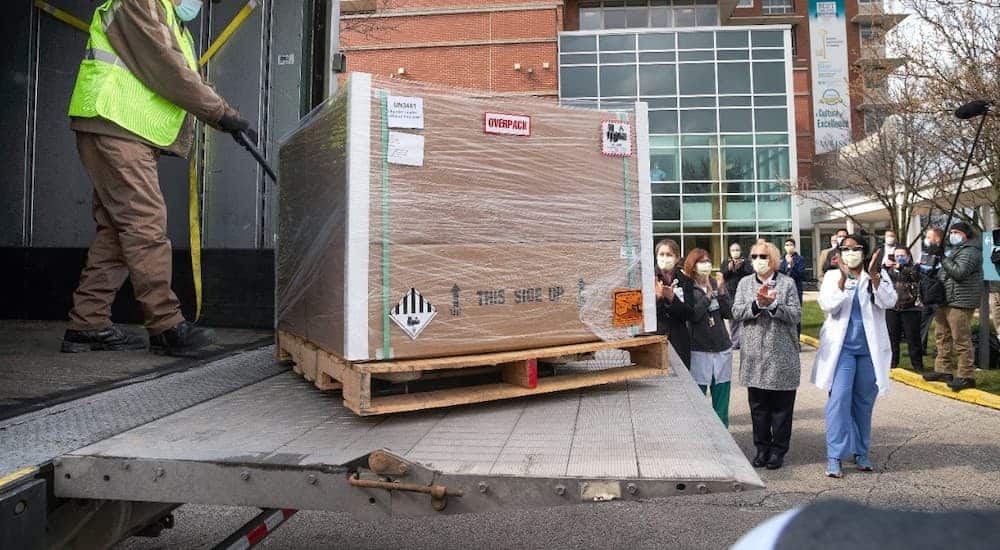
Tire Companies
Another section of the auto industry that has been brought to its knees (metaphorically-speaking) is the tire industry. Goodyear reported a net loss of $619 million in the first quarter. Again, this all ties back into the shutdown of the entire country, with the exception of essential workers.
Freight, Shipping, and Delivery
Commercial fleets in the freight and shipping industry have probably been the only section under the auto industry umbrella that has flourished during these troubling times. The demand for deliveries and shipping has skyrocketed as consumerism has shifted to being mostly online. Restaurants that have never delivered before, like Little Caesars Pizza, have started delivering. Stores have shifted to operating online, and many new e-commerce shops have opened up.
With almost everyone ordering goods from home, freight, shipping, and deliveries have become a vital staple in our socially-distanced society. Shipping companies such as the United States Postal Service, UPS, FedEx, and DHL have all opened up driver positions in an attempt to meet the new demands of the job. If you’ve been searching for a temporary job during the nationwide lay-off spree, you might have luck with one of these shipping companies.
The few retailers that have remained open have relied heavily on the freight industry to get their goods delivered quickly to their stores. If you remember the toilet paper scare, then you know all about the desperate plea for truck drivers to get more goods to the stores as quickly as possible. In reality, there wasn’t a shortage of paper goods. There was a shortage of truck drivers, and the stores weren’t being emptied before they could be replenished. Joining the trucking industry takes a special license and quite a bit more training than the shipping industry. So, bringing in new truck drivers was a limited option. Nevertheless, stores are being replenished at a much faster rate now, and the folks in the freight industry are the ones to thank for that.
When Will Auto Plants Open Again?
Most manufacturers reopened at a partial capacity in mid-May. Ford and Chrysler’s plants began working on vehicle production again on May 4th. Toyota factories in the United States started operating on May 11th. Meanwhile, Nissan and GM waited until May 18th to start making cars again. Even luxury automakers like Range Rover have started producing vehicles again.
Each manufacturing plant that has resumed operations has set up health monitoring measures, hygiene guidelines, and social distancing rules to keep their workers safe. This applies to all areas of the factories, including offices, communal areas, production lines, and engineering spaces. Most of these new rules include maintaining a 6-foot distance between all employees, wearing protective gear such as face masks or visors, regular temperature checks for employees, and, of course, thorough cleaning practices for the facilities.
As health experts hypothesize that a second-wave of the virus will hit again in the fall, it is unclear as to when things will return entirely to normal.
